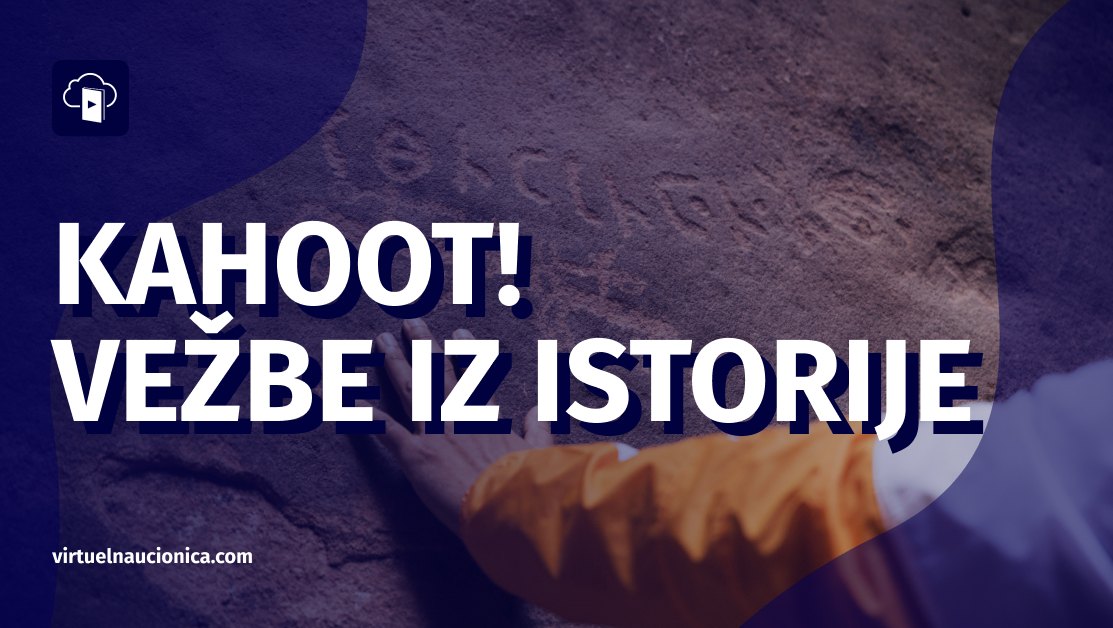Tekstualno objašnjenje za Pomoćne glagole: do / does / did
Pomoćni glagoli: do / does / did
Glagol do punog značenja u prostom sadašnjem vremenu – Present Simple, ima oblike do i does.
U negativnom i upitnom obliku glagol do možemo koristiti kao pomoćni i kao glagol punog značenja. U nastavku ćemo kroz prideve prikazati gorenavedeno.
I / you / we / they
- They do their homework in the evenings.
They don’t do their homework in the evenings.
Do they do their homework in the evenings?
He / she / it
- He does his homework in the evenings.
He doesn’t do his homework in the evenings.
Does he do his homework in the evenings?
Simple Past: glagol did
U prostom prošlom vremenu, glagol do ima samo jedan oblik za sva lica – oblik did. Kao što smo već pomenuli, i ovde važi pravilo da glagol do može biti upotrebljen kao pomoćni i glagol punog značenja.
- You did your homework in the evening.
You didn’t do your homework in the evening.
Did you do your homework in the evening? - She did her homework in the evening.
She didn’t do her homework in the evening.
Did she do her homework in the evening?
Pomoćni glagole: do / does / did vežbe
Vežbe su prilagođene i za upotrebu na svim uređajima kao i interaktivnim tablama



